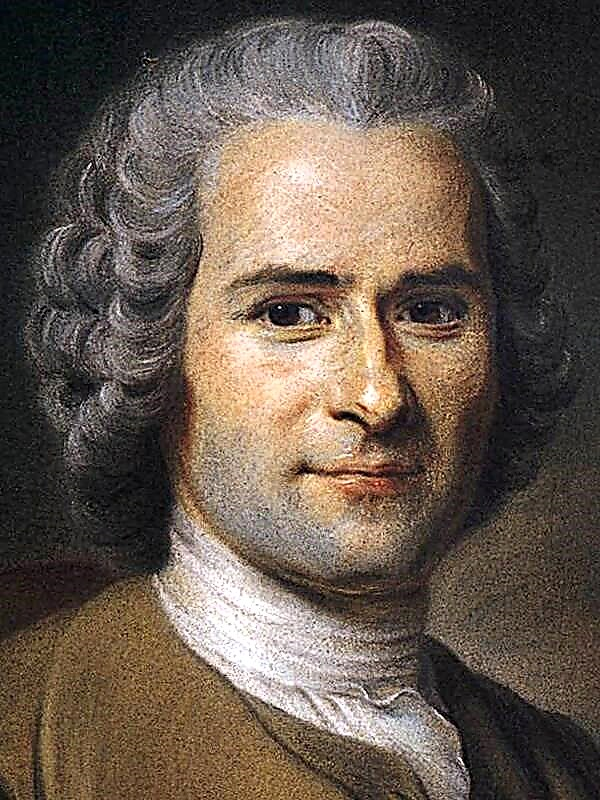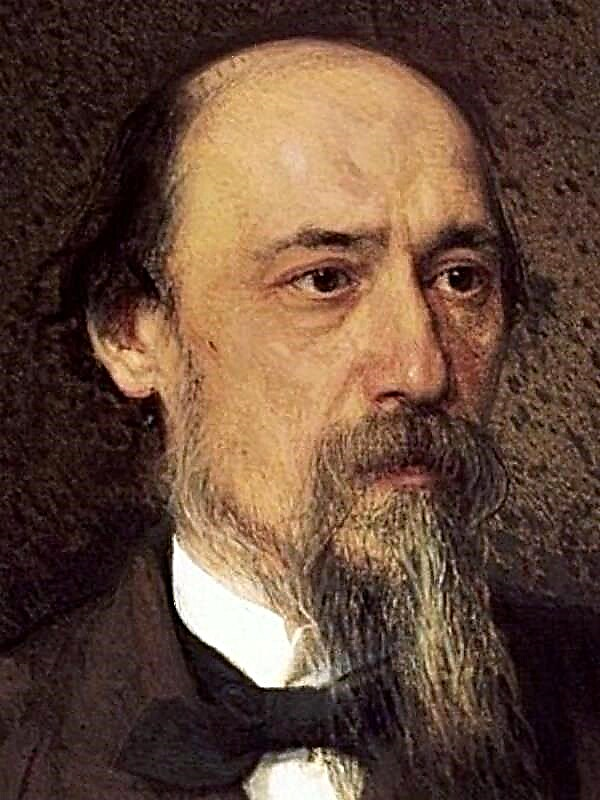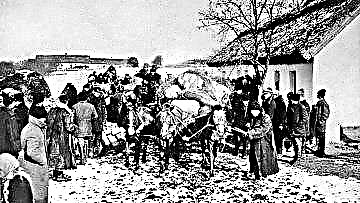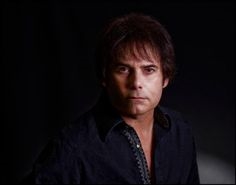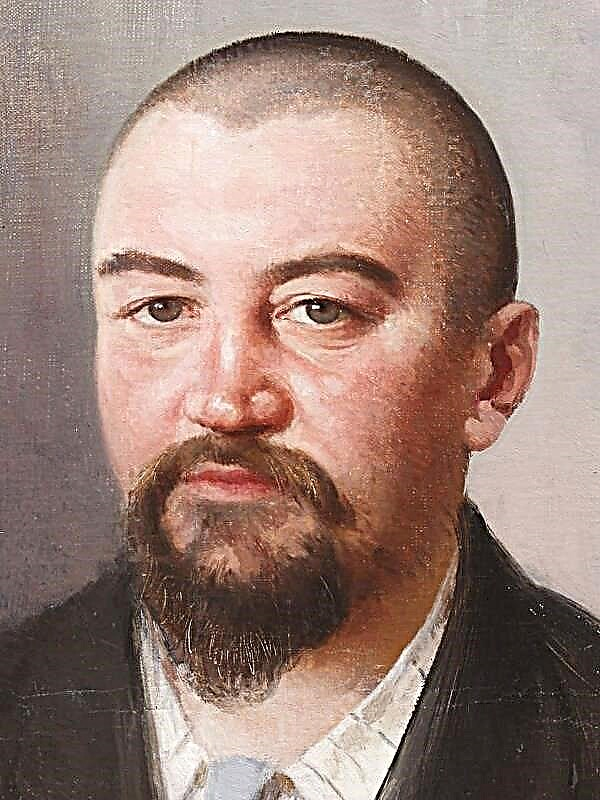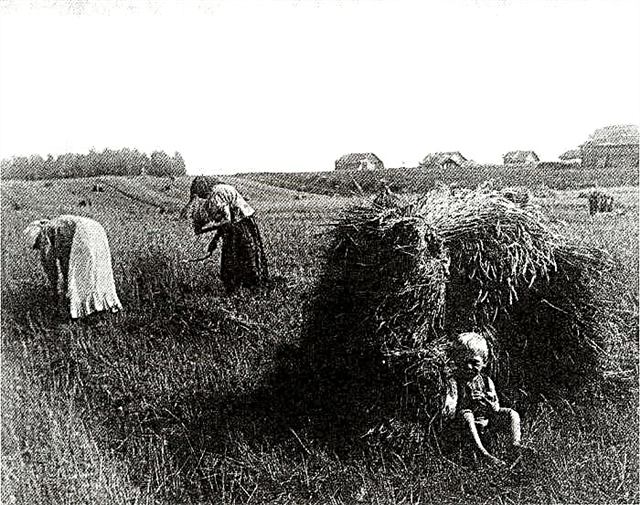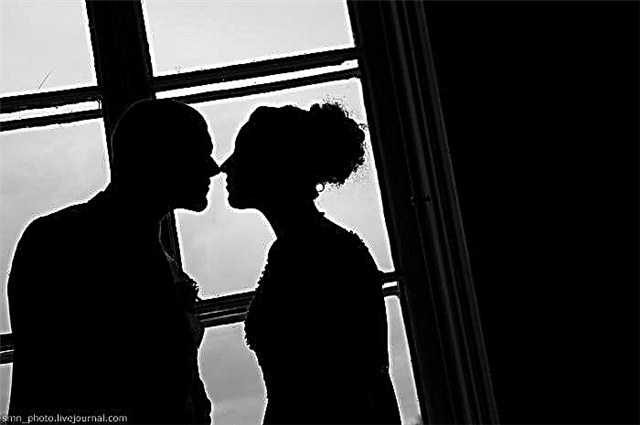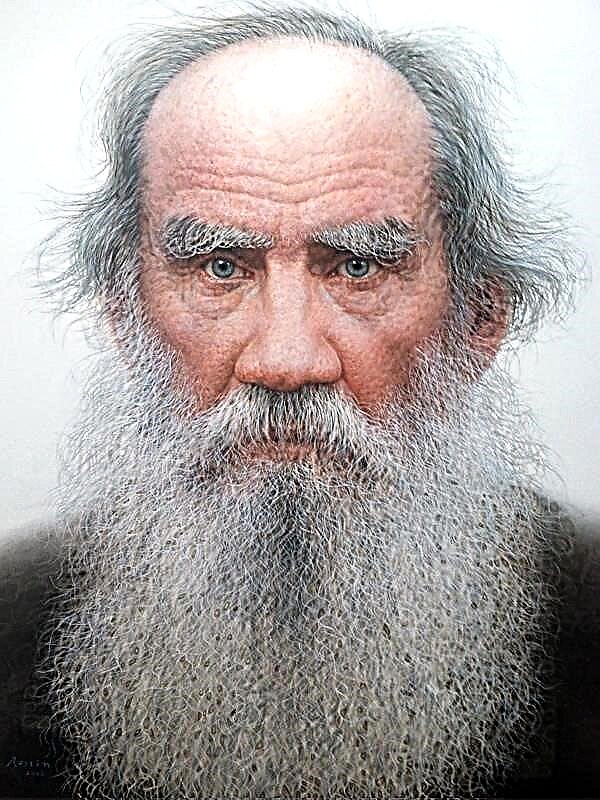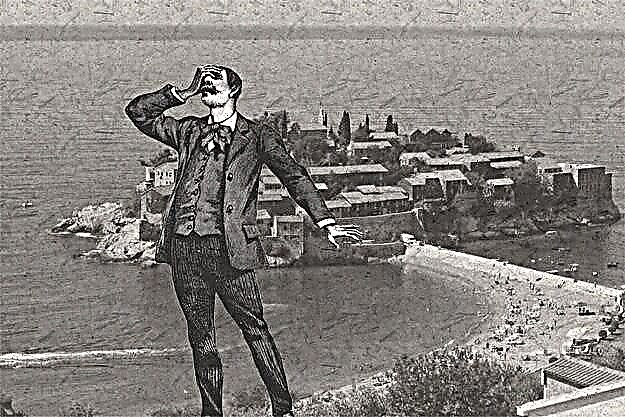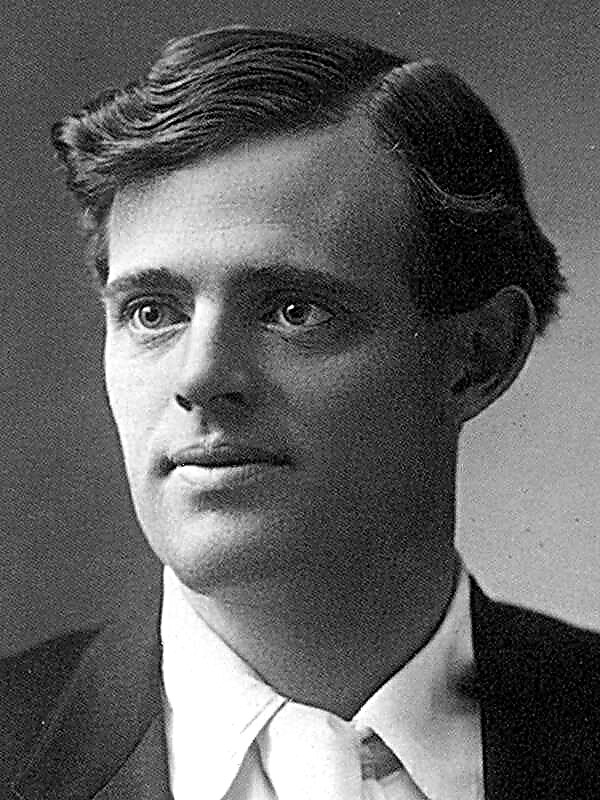Alexander Pushkin was a liberal citizen, preaching an active life position. He often criticized government officials for failing to ensure the well-being and prosperity of the people - the driving force of Russia. One such revealing poem is The Village.
History of creation
"Village" was written in 1819. If you agree on periods of creativity, the poem can be attributed to the second stage of St. Petersburg. The work was influenced by new socio-political ideas, secret meetings of the Decembrists, communication with them. At that time, the poet was fond of discussions about the injustice of the autocracy and the anti-humanism of serfdom.
It was at this time that Alexander Sergeyevich joined the secret union of the Decembrists, in which draft constitution was already being hatched, which limited the power of the tsar. However, the new supporters of the enthusiastic and ardent poet were in no hurry to take him “into action”. They were afraid that the failure of the revolutionary uprising would entail severe punishment, and wanted to save the talented Pushkin from the frantic anger of the autocracy, which could result in death for the poet. Therefore, the contribution of the creator was purely literary, and he will know about the performance of the Decembrists on the Senate Square in 1825 only after it took place, without taking part in it and without tarnishing his name.
Genre, size, direction
You may notice that the poem is written in the genre of oratory. The author is the voice of all progressively minded people of that time who do not agree with the system of serfdom. Pushkin specifically turned to this genre, since the work is a kind of call to end injustice. This gives reason to attribute the "Village" to a realistic direction. Although there are traits of romanticism. The creator is a typical romantic hero, opposed to the society of the nobility. On the example of the antithesis of the village and the city, we see the principle of double peace, characteristic of this direction. There is an ideal world and reality opposed to it.
The poem is written by a six-foot iamba, alternating with a four-foot. Cross rhyme, male rhyme (1st, 3rd lines) alternates with female (2nd, 4th lines).
Composition
The composition "Villages" can be defined as two-part. When reading, a bright antithesis catches your eye. In the first part, the poet praises the beauty of nature, talks about how he rests well and breathes easily in the village. Then, as if a completely different poem begins, as the mood changes dramatically. In the second part, Pushkin discusses the "reverse side of the coin" of this beauty - the "gentleness of the wild."
Thus, using the composition, the author expresses the main idea of the poem: serfdom spoils the people and destroys the future of the country. Our lands are rich and fertile, our nature is beautiful and affectionate, our people are highly moral and strong. But the insensitive and selfish power crosses out all these virtues, robbing their own descendants of exorbitant consumption and irresponsible attitude to these riches.
The main characters and their characteristics
The lyrical hero can appreciate nature and feel the fusion with the world. The poet paints a blissful picture: cornfields, meadows, “a garden with its coolness and flowers”, “bright streams”, “peaceful noise of oak groves”. Then the lyrical "I" of the author changes. From an enthusiastic connoisseur of beauty, he turns into an ardent opposition critic who understands the shortcomings of the social structure of his homeland. He does not leave himself alone, saying that his gift is not piercing enough to penetrate stale hearts.
The image of the landowners is noteworthy: "The gentry is wild, without feeling, without law ..." These are ignorant, greedy and vicious people who feast at the expense of "skinny slavery." The poet sympathizes with the peasants, in particular the "young virgins" who "bloom for the whim of an insensitive villain." Pushkin spent a lot of time in his country estates, so he knew a lot and saw other neighbors treating serfs. Moreover, the author observes that the gentlemen have no reason to consider themselves superior to the common people, because both the gentleman and the serf are equally ignorant and savage. Only one rises due to his suffering and righteous labor, and the second only falls in our eyes, because he is an unjust tyrant.
Themes and Issues
- The main problem of the work is serfdom injustice. Pushkin seeks to show his lack of freedom and cruelty. As long as some people rule over others infinitely, tension will brew in society, and a country with such a microclimate will not develop harmoniously.
- Theme of nature. The author admires the rural landscape, he is inspired by the beauty of the backwoods, where spiritual and moral values are added to natural riches: honest work, a large and healthy family, harmony with the outside world.
- The problem of ignorance. The poet complains that he is not allowed to reach out to the evil hearts of the landowners, who probably do not read his poems, and indeed do not read anything. Therefore, it seems to them that slavery is a normal phenomenon, that they really have the right to tyranny peasants and steal their last wealth from them.
- Theme of creativity. The author is outraged that fate has deprived him of “vigilance with a formidable gift.” He believes that his lines are not convincing enough for those in power. In this appeal, Pushkin’s self-criticism, his eternal pursuit of perfection, is evident.
- The problem of lawlessness of peasants. It describes not only the depravity of the masters, but also the heavy burden of their slaves. Girls are doomed to become a toy for the master, and virtuous wives and mothers. Young people are just the physical strength for the new needs of the landowner, their lives are fleeting and joyless from exhausting work.
- The antithesis of the village and the city. The countryside appears to be an ideal secluded place where any person can become better and find the strength to shake off laziness from the soul. But the capital gloss only catches up the longing and provokes the idleness of thought and spirit. There is one pretense, here the poet found the truth.
Idea
The author rebels against the cruelty of the autocracy and wants freedom for his compatriots, whom he considers equal to himself, no matter what class they belong to. He is trying to convey to people the idea that it is no longer possible to live in such injustice.
In addition, the meaning of the "Village" is to show the contrast between the beauties and blessings of the Russian land and those who dispose of it. The nobility ruins the country, oppresses the people; in it itself there is no use, because such power only corrupts the soul. The main idea of the poem is that the poet by all means wants to bring “a beautiful dawn to the enlightened freedom”.
Means of artistic expression
The main means of artistic expression in the “Village” is the antithesis - it helps to reveal the author’s intention. Pushkin draws up the first part so that the reader is immersed in an atmosphere of calm. This is created thanks to the epithets: “peaceful noise”, “silence of the fields”, “azure plains”.
The second part of the work is more emotional, Pushkin is unhappy and even outraged by the current situation. This implies a lot of words with a bright emotional coloring, mainly epithets: “savagery,” “implacable owner”, “disastrous people”, “painful yoke”. With the help of anaphora (in the second part of the poem, the lines begin several times with the word “Here”), Alexander Sergeyevich tries to list everything that he is dissatisfied with, to express all the ugliness that he observes.

